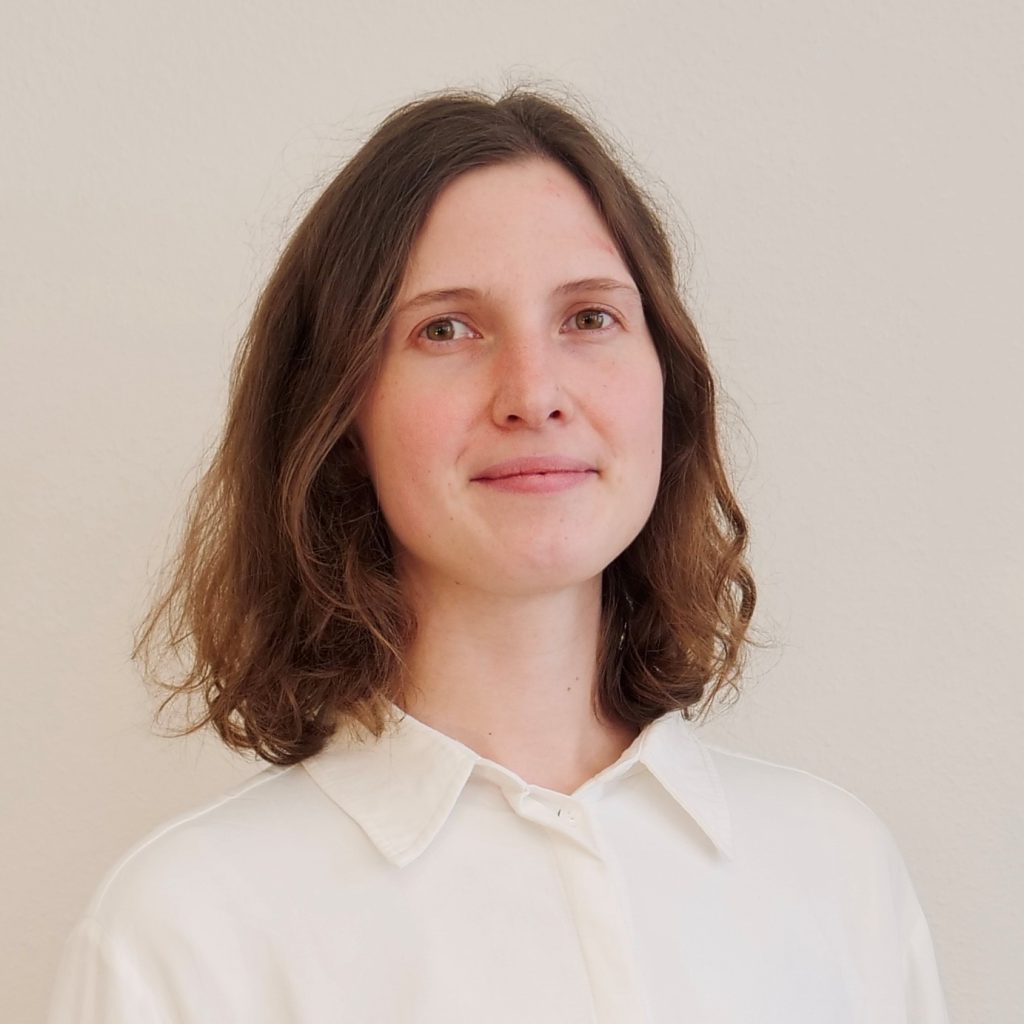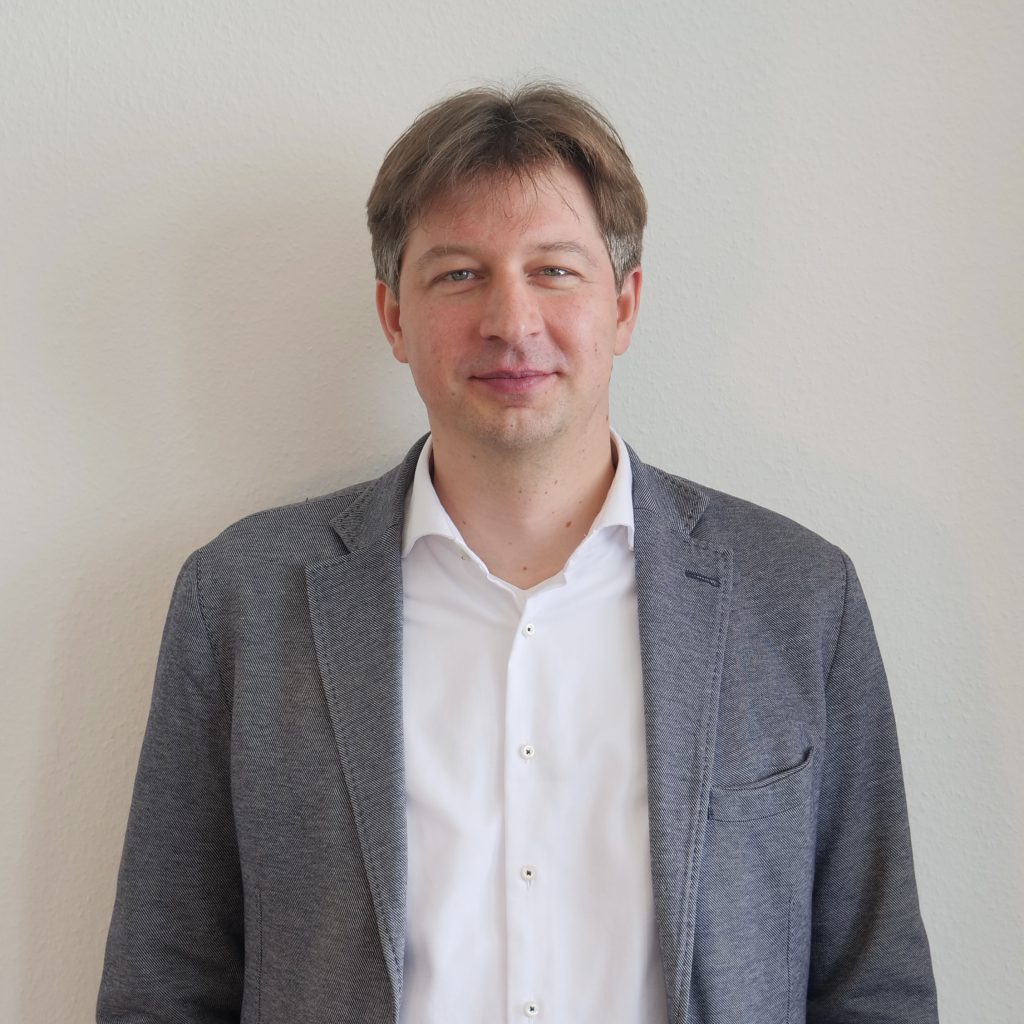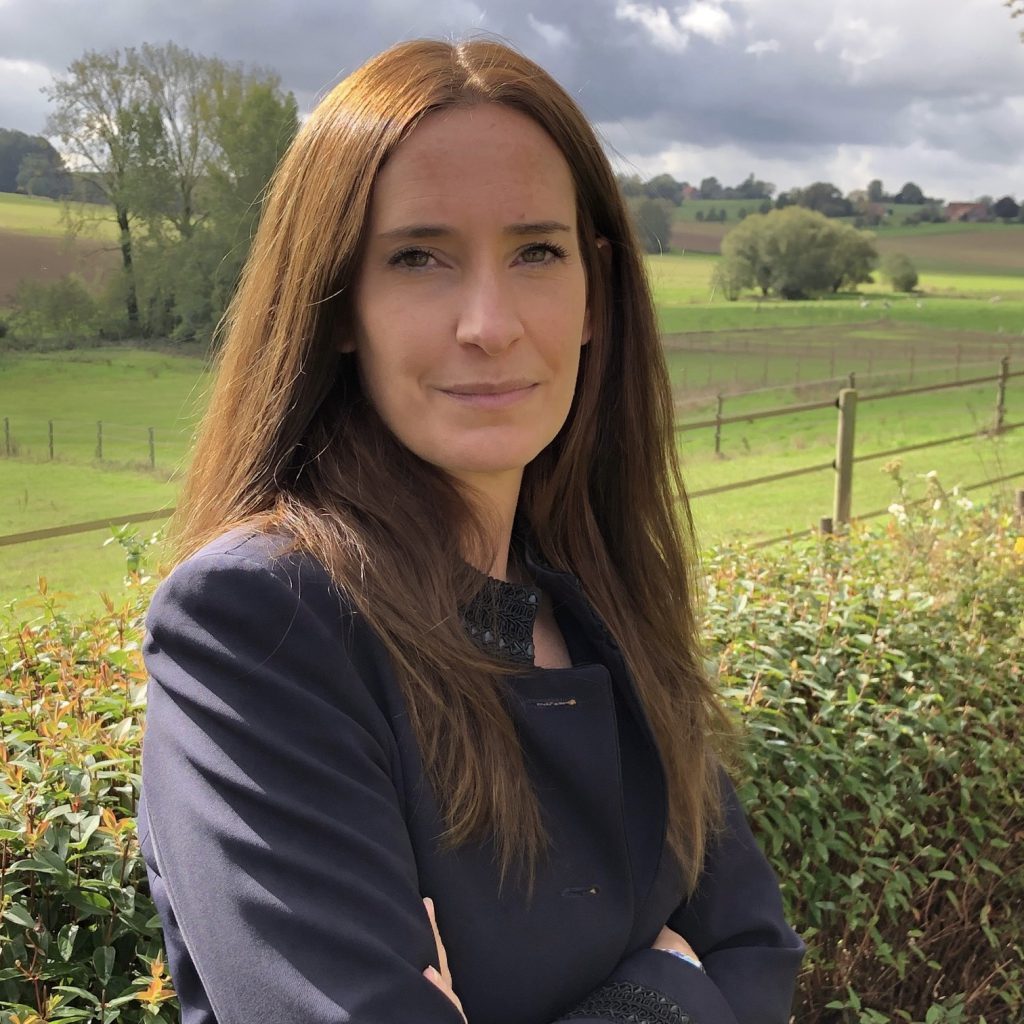






Supervisors:





Bio:
Laura Stritzke is based at the Peace Research Institute Frankfurt (PRIF) in Germany. In her dissertation, she explores the roles and experiences of practitioners involved in the prevention of extremism from a psychological perspective. The doctoral project is supervised by Julian Junk, Christopher Cohrs, Corinne Torrekens and Michaela Köttig. She spent a secondment at the Université Libre de Bruxelles where Corinne Torrekens is based. An additional secondment took place at the Violence Prevention Network in Berlin.
She has obtained a postgraduate degree in (Intercultural) Psychology and an undergraduate degree in Psychology from University of Osnabrueck. During her studies she worked as a student assistant at the University of Osnabrueck, the Christian Michelson Institute Bergen and the Sigmund Freud University Vienna.
Project description:
Navigating Support and Control in Extremism Prevention: Practitioner Perspectives Across Institutional Contexts
Laura Stritzke’s dissertation project investigates how practitioners working in the field of extremism prevention—such as teachers and social workers—navigate the tension between offering support and exercising control. While their roles are often seen as supportive, aimed at promoting individual well-being, they also involve forms of social control, such as assessing risks. By tracing the experiences of these practitioners and the ways they negotiate this tension in their work, the project offers insight into the on-the-ground implementation of extremism prevention.
To better understand this dynamic, the project introduces a new framework for analyzing how support and control intersect in what is often referred to as “soft” extremism prevention. This is particularly relevant in situations where different types of prevention overlap. For example, programs that promote general skills and awareness may also identify individuals at risk, blending varying levels of control within one program.
Employing a comparative case study approach, Laura Stritzke examines overlapping extremism prevention programs in two contrasting environments: schools, which are typically associated with support, and prisons, which are often linked to discipline and control. The experiences, negotiations, and practices of practitioners in these settings are explored through a diverse range of methodologies.
By shedding light on the everyday realities of prevention practice, this project contributes to a deeper understanding of how extremism prevention is implemented on the ground—and how support and control can be balanced in different institutional contexts.
